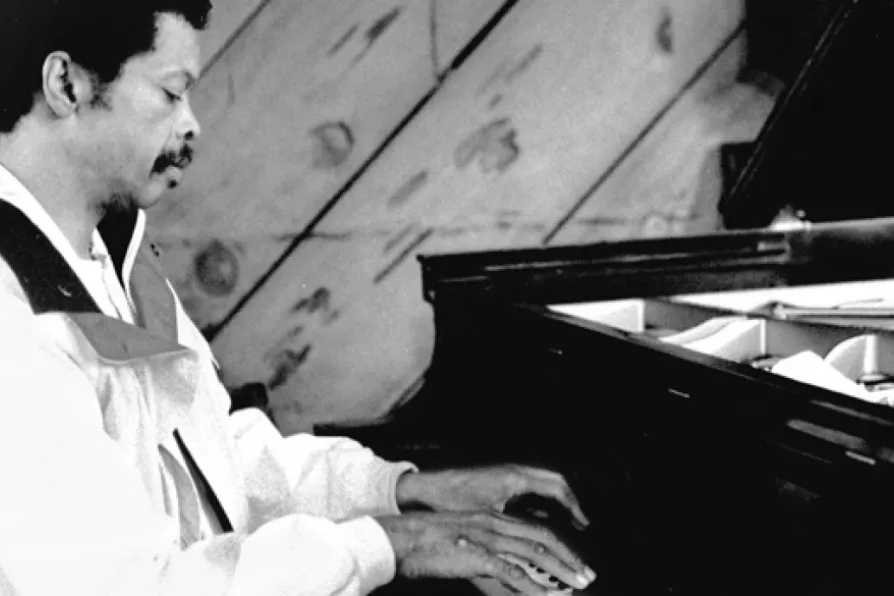MARIA DUARTE reviews Desperate Journey, Blue Moon, Pillion, and Wake Up Dead Man: A Knives Out Mystery

 Don Pullen
Don Pullen
Don Pullen featuring Sam Rivers
Capricorn Rising
(Black Saint)
OF ALL the array of great pianists who have been at the centre of a century of jazz, I have to say that my nonpareil of the keys was a man from Roanoke, Virginia, called Don Pullen.
Pullen was born in 1944 of mixed African-American and Cherokee heritage. He arrived in Chicago in 1964 to become part of the experimental and community-rooted Association for the Advancement of Creative Musicians while finding his living playing in many a rhythm and blues context.
His outrageously progressive talent was recognised by Charles Mingus, who in 1973 made him a member of his band and he played on Mingus’s two brilliantly subversive Changes albums, on pieces like Remember Rockefeller at Attica and the prophecy of Charlottesville, August 2017, Free Cell Block F ’Tis Nazi USA.

As part of the 2025 London Jazz Festival Rich Mix offered intriguing sessions titled 'Persian Jazz,' CHRIS SEARLE was there

Re-releases from Bobby Wellins/Kenny Wheeler Quintet, Larry Stabbins/Keith Tippet/Louis Moholo-Moholo, and Charles Mingus Quintet












